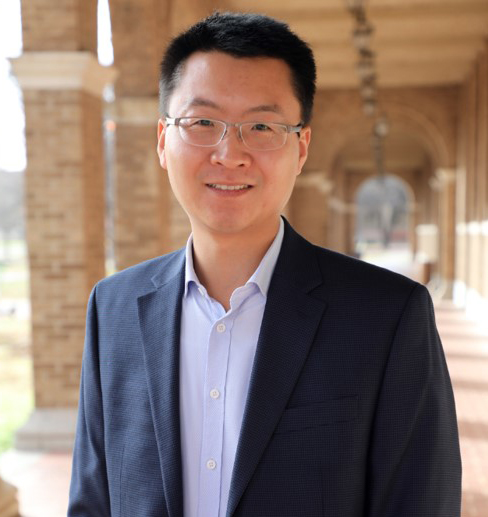
Dr. Qiugang (Jay) Lu, an Assistant Professor in the Department of Chemical Engineering, has received the very prestigious NSF CAREER Award.
This $528,918 award will support a five-year research project titled “Intelligent Battery Management with Safe, Efficient, Fast-Adaption Reinforcement Learning and Physics-Inspired Machine Learning: From Cells to Packs".
Supported by NSF's CBET Division, this project aims to tackle the challenges of advanced battery management caused by the excessively slow charging speed of batteries, the safety concerns associated with battery degradation, and the cell-to-cell variations in battery packs. Dr. Lu's group will develop novel reinforcement learning and physics-informed deep learning methods to enable the next-generation battery intelligent management for both battery cells and packs. By providing efficient, safe, and adaptive fast-charging strategies, as well as accurate and reliable health prognostics mechanisms, the outcomes of this project are anticipated to address existing bottlenecks such as mileage anxiety and battery safety hazards that limit the wider adoption of electric vehicles, to further promote transportation electrification.
“This award not only is an honored recognition of the research achievements of my group, but also provides us valuable opportunities and resources to further study and contribute to the exciting research frontiers of batteries, which are increasingly critical for the society. We are eager to make new contributions to this promising field.” Dr. Lu said.
In addition to the research components, this project will also promote educational activities to integrate the research outcomes into existing Chemical Engineering (CHE) curriculum and the creation of new courses to teach CHE students about machine learning and its applications to chemical processes. Outreach activities are also included to widely cultivate a “data thinking” mindset across the entire STEM pipeline by educating K-12 students about the decision-making concept via interactive games and teaching college students about computer programming via student organizations.
